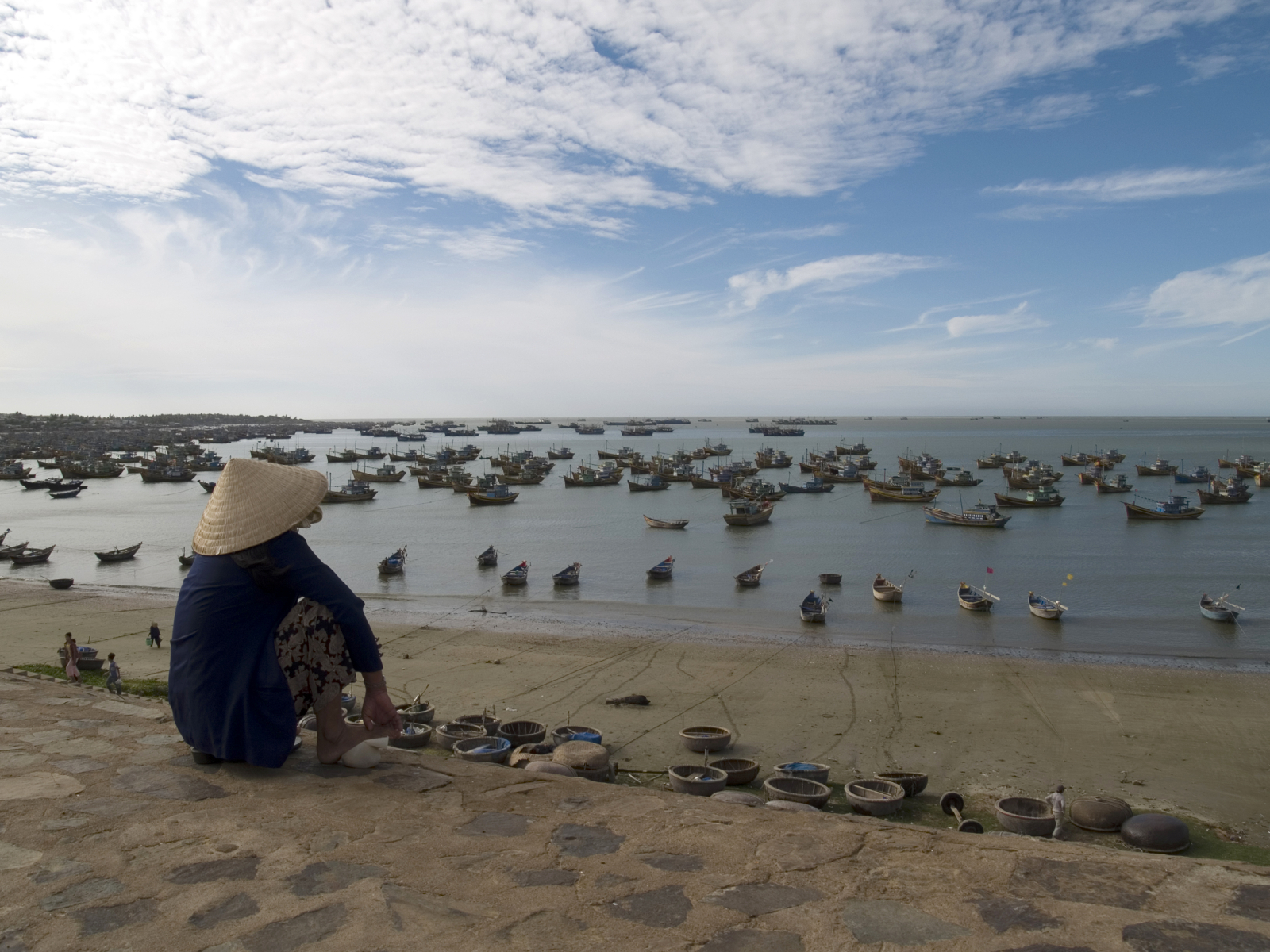
Marine fisheries resources are of great national importance to South East Asian countries and, through trade, conservation and biodiversity value, are also of global and regional significance. Factors internal to fisheries, such as the dependence of millions of small scale fishers and their households on the resources and the stress on production at the expense of sustainability, plus external factors such as population growth, decentralised governance, high demand for seafood and looming impacts of climate change, have led to too much fishing pressure, overfished stocks, illegal fishing and weaknesses in fisheries management.
The national and provincial fisheries agencies, supported where relevant by fisheries surveillance, enforcement, environment and science agencies, are at the forefront of efforts to ensure the sustainable development of marine capture fisheries. These agencies however, recognise that the pace of fisheries development and the increases in overfishing and illegal, unreported and unregulated (IUU) fishing require that they urgently develop greater human and institutional fisheries management capacity. In 2007, 11 countries in the South East Asian region signed the Regional Plan of Action to Promote Responsible Fishing Practices including Combating Illegal, Unregulated and Unreported (IUU) Fishing in the Region (RPOA). A priority of the RPOA participating countries, supported by the countries of Asia Pacific Economic Cooperation (APEC), was to prepare a Capacity Development Framework for Marine Capture Fisheries Management in South East Asia.
The overarching purpose of the Framework is to provide structured guidance to the 11 RPOA participating countries’ fisheries management agencies, development assistance donor agencies, technical institutions and others involved in fisheries sector capacity development on the priorities to strengthen marine capture fisheries management at the regional, national and provincial levels. Reflecting the scope of the RPOA, the Framework focuses on building human capacity for the management of marine capture fisheries, rather than that for inland fisheries or aquaculture. At the request of the RPOA participating countries, this Framework was commissioned by the Australian Government Department of Agriculture, Fisheries and Forestry, with funding from the Public Sector Linkages Program of the Australian Agency for International Development (AusAID).
To arrive at this Framework, a participatory, bottom-up approach was taken to identify capacity development needs for fisheries management agencies at the national level. Regional priorities were then formulated through a workshop held in Da Nang, Vietnam, November 2010, of participating country representatives.